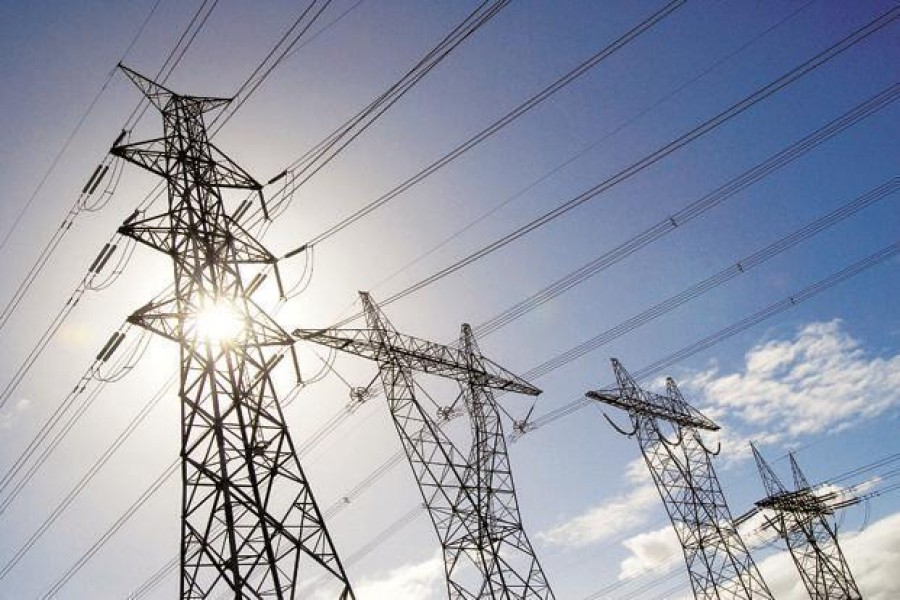
Published :
Updated :

With the inclusion of LNG-fired electricity generating plants in the capacity payment scheme for unsold power, the strain on public funds is increasingly proving overwhelming. Over the years, the government has been disbursing capacity charges to independent power producers (IPPs), rental, and quick-rental oil-fired and coal-fired power plants. However, experts argue that this arrangement lacks practicality, given that the government's power purchases from these plants are demand-driven. Consequently, compensating for unsold power without considering actual demand lacks logical basis. Hence, addition of LNG-fired power plants into the capacity-payment basket is feared to further deteriorate the already worsening financial woes of the Bangladesh Power Development Board (BPDB).
A FE report this week says as LNG-fired power plants have lately emerged as claimants of capacity charge, even a non-operational LNG plant is billing for unused electricity. The Meghnaghat Unique 584-MW plant, the country's first LNG-fired plant, which went into commercial operation some months back has reportedly been kept idle for most of the days over the past two months as BPDB did not purchase electricity from this plant. Blaming the plant owner is futile as contractual obligations mandate payment even when power remains unsold. Quoting sources, the report states that power-evacuation bottleneck is hindering the BPDB from purchasing electricity from the aforementioned LNG-fired power plant despite its low generation costs. State-run Power Grid Company of Bangladesh (PGCB) could not construct six necessary substations, which is creating evacuation problem of electricity generated from the new plant. The power substations are unlikely to be completed before December, meaning that several other LNG-fired power plants that are almost ready for operation, will not be able to run even after obtaining registration for commercial operation. As a consequence, BPDB will have to count additional costs as capacity payments to the LNG plants nearing completion. State minister for the Ministry of Power, Energy and Mineral Resources gas has said that the government paid a total of around Tk 1.05 trillion until August 2023 only as capacity payments to power plant owners. The BPDP's annual loss quadrupled to $1.072 billion last year compared to the year before.
Analysts say the amount of capacity payments payable to power plants is rising because of ballooning overcapacity beyond the actual need. Energy experts accuse a vested interest group of projecting inflated electricity demand on money-spinning motives. This, according to them, has resulted in the installation of power plants having more than required demand entailing huge capacity payments. Energy experts had also vehemently opposed the government's decision to import LNG, overlooking the exploration of local gas. They had argued that relying more on imports would expose the power sector to price shocks and drain foreign currency reserves.
It is highly imperative that the provision of capacity payment is revisited and a practical scheme for moving away from the earlier terms is worked out in order to render the deal credible. Needless to say, demand for amending/cancelling the capacity payment provision has been raised for quite sometime now.


 For all latest news, follow The Financial Express Google News channel.
For all latest news, follow The Financial Express Google News channel.